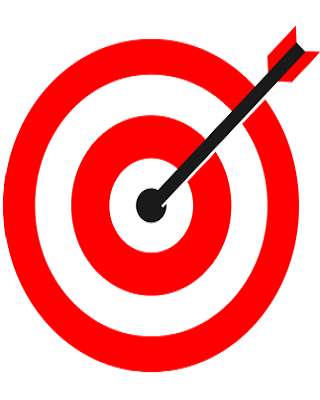Story

Craft and aim your answers
An interviewer needs to discover about you, your abilities, skills, attitude to see your suitability to the job. It is important your answers are brief, concise, focused and directed to the job requirements. Before you attend the interview, it is important to spend time to know about the job description, company, interviewer, industry..
• About the organization - Visit company website and find out about the company. What does it do? What are their products? Explore to understand their business, future growth plans. What are the current challenges?
• About the industry and competition - Know the industry in which it operates. Who are their competitors? What are the industry challenges?
• Latest news - Check on the latest news about the company and industry.
• Job description - Understand the job description. Check the requirements e.g. qualification, abilities, skill, experiences, deliverable, roles, responsibilities, reporting structure for this position. Keep your stories ready to tell.
• Interviewer - Find out about the interviewer. Know about him, if possible.
Use company website, industry association, latest financial results as well as your network to get deep insights. This will help you to understand about the role, requirements and job challenges. This is your target.
Ensure your answers hit the bull's eyes using specific words from job description, company values and industry language.
Photo Adaptation / Pixabay / madartzgraphics-3575871
Share on
Similar Stories
Previous Ten










Understanding the interviewer psychology
As per Wikipedia "An interview is essentially a...

Do you plan to do MBA?
The interviewer is interested to understand what...

Prepare & practice for the job interview
You can't guess specific questions in advance,...

How to answer "Tell me a Situation" question?
The interviewer is interested to know if you are...

Ace the job interview - A checklist
The interviewer is meeting up few candidates to...

Next job search checklist
New job search is a time consuming and...

What would you do if you won a lottery?
Your reply will reaffirm your commitment to work...

Tell me one thing about yourself you wouldn't tell
What are those things you do not want to tell...

What tools do you use to keep yourself organized?
Tell about your tools and techniques which you...

What are your teaching moments beyond work?
The interviewer is interested to know what is...
The type of thinking we do!
We engage in various types of thinking for solving different problems. Thinking is a problem solving process. A process in which we reason about something. Types of thinking, we do · Concrete thinking – When we think in terms of our perception of actual or concrete things. Also called perceptual thinking. · Conceptual thinking – When we use concepts and languages. Also called abstract thinking. · Reflective thinking – When we solve complex problems and use facts and knowledge in a logical way to arrive at the solution. · Creative thinking – When we create or construct something new or novel thing. Also called thinking out of the box. · Critical thinking - When we evaluate everything and step aside our belief system to discover the truth. · Divergent thinking – When we explore a number of alternatives. · Convergent thinking –When we combine a number of ideas to arrive at a solution. · Associative thinking – When we think which is non-directed and without a goal · Linear thinking – When we process information in a sequential manner. · Gestalt Thinking – When we see the big and whole picture.
Cognitive abilities such as thinking, reasoning and problem-solving are some of the key characteristics which distinguish us from other species.


Sign In to share your comments
Your Comments